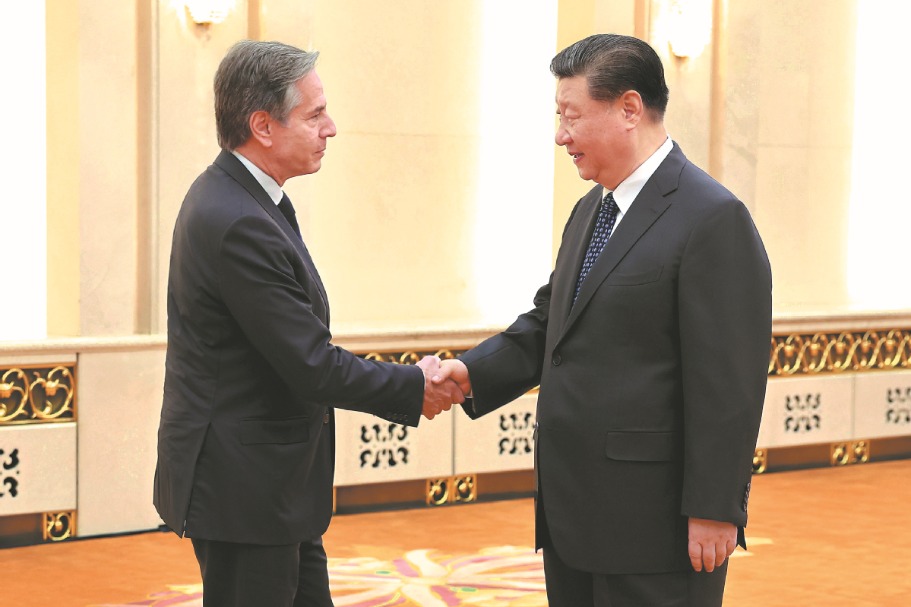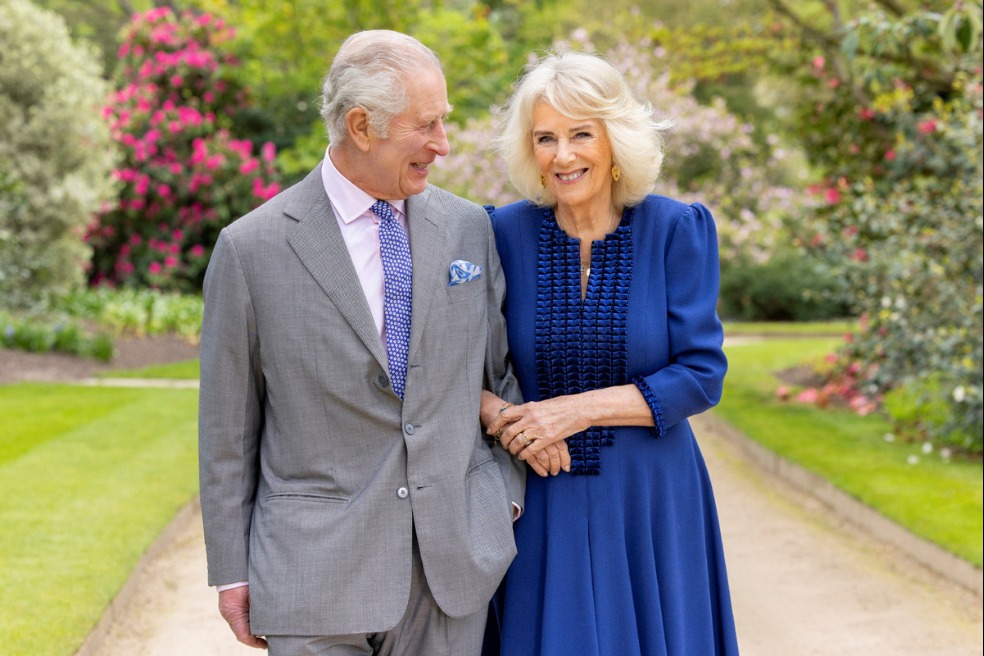How is the UK behind Europe in 'film diplomacy' in China?
By Hiu Man Chan | CGTN | Updated: 2020-11-30 10:18

"Film diplomacy" is a term that I have been conceptualizing. It refers to a bottom-up practice of diplomacy differing from "high diplomacy." It believes in the power of film to connect people across different cultures, via all levels of collaboration and regular film exhibition as public enlightenment.
Ideally, the practice of "film diplomacy" results better if it is not directly led by any government, but supported by indirect public funding and implemented by non-government organizations. The aim of this practice is to foster organic development of cultural awareness and connection via the topic of film.
British cinema's reception in China has always struggled comparing to its TV productions. One of the reasons is the highly intertwined economic model for high-budget British films.
Most well-known British film brands such as James Bond and Harry Potter are owned by American studios. This is also the case for individual films such as 1917 and The Aeronauts, where both have been imported and released in China this year. Both films are classified as the U.S. for their country of origin, where it comes to the application for import quota. This has an impact on their marketing and promotion later on, where most of the coverages acknowledge them as American films while both of them are in fact very British content.
As a result, the general public is very likely to mistaken a British film for an American production, or to be confused by the relation. But this is not the only weakness for British cinema's reception in China.
In comparison to other European countries such as France, Germany and Italy, the UK is quite behind in supporting regular film season to showcase its national cinema.
China is the first country to recover from the pandemic with all cinemas now having returned to business since July 20.
The Beijing French Cultural Center has been organizing regular film screening events, adopting the same approach that the institute practices around the world. In addition, UniFrance will launch its 17th French Film Panorama in major cities across China, with eight selected films in the program.
Germany has also been active in practicing film diplomacy and reaching out to the Chinese audience. Organized by German Films and the Goethe Institut in Beijing in collaboration with Broadway Cinematheque, the 8th Festival of German Cinema in China was held from November 13-22.
Furthermore, the Shanghai Art Film Federation has also organized a Spanish film master season as well as one for Italy, both events received support from Spain and Italy's cultural institutes respectively.
While all these film events are happening actively in China, Britain is nowhere to be seen. European countries such as France and Germany have been organizing annual film seasons in China for more than 10 years with a robust supporting mechanism behind. The problems that the UK faces in being behind the game can be summarized by the following reasons:
Although there are different organizations committed to promoting British film culture (namely the British Film Institute, Film Export UK and the British Council), there is yet a unified mechanism to support regular film screening seasons in China with an agreed practice in consensus.
While other public organizations such as the UK-China Film Collab try to initiate a British film season, it is difficult for them to gain funding support from either of the two countries. There are certainly opportunities to be explored in private sponsorship with well-known UK brands, but 2020 proves to be difficult for cash or in-kind sponsorship in the context of COVID-19.
Moreover, the confusion over American-owned British films remains to be an issue. What can be claimed as truly British remains not only as a theoretical question but a practical dilemma. Even for one of the most well-known British directors, Christopher Nolan, most of his films are considered as "American" although their production involved a lot of British talent.
There is a growing appetite among the Chinese audience for non-Hollywood films, particularly in foreign film festival consumption. The EU hosted the 12th edition of European Union Film Festival across major cities in China last year, while the UK is still struggling to organize one season in one city.
December is approaching. Perhaps it's time to wake up to the reality.
Hiu Man Chan is the founder & director of the UK-China Film Collab.
























